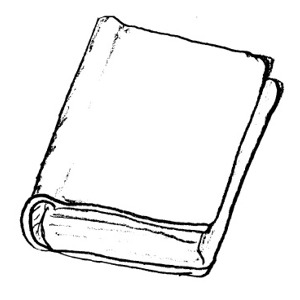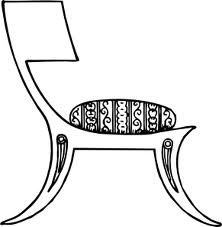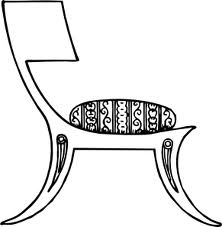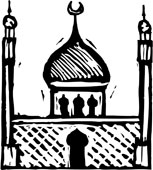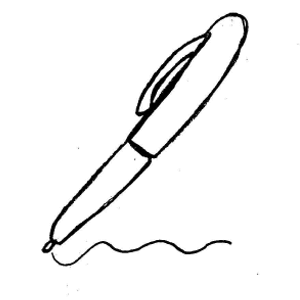Lesson 2 – الدرس الثاني
The Definite Article ال
In this lesson, we learn that the definite article ال means “the”. Read the examples below out loud, both the indefinite (a car) and the definite (the car).
A car
The car
A book
The book
A pen
The pen
Good job! Now we move on to constructing sentences using the definite article ال. Remember in Lesson 1, الدرس الاول, we learned that there is no equal to the word “is” in Arabic? Bet you did! The word “is” can be implied in the following sentences in which the predicate adjective (“big”) tells us something about the subject (“the car”). Please read sentences aloud:
The pen is big.
The mosque is small.
The book is old.
Now, we’re going to create longer descriptive sentences by adding و، /waw/, which means “and.” Read the following sentences out loud:
The mosque is small and the house is big.
The book is old and the pen is new.
The bread is hot and the water is cold.
Good job! You have learned how to construct a sentence in which the predicate adjective describes the subject using the definite article ال: The house is big, or البيت كبير. You have also learned how to create longer descriptive sentences by adding و، /waw/, which means “and”: The house is big and the mosque is small, or البيت كبير و المسجد صغير. Congratulations! Can’t wait to see what you will learn in the next Arabic lesson!
















